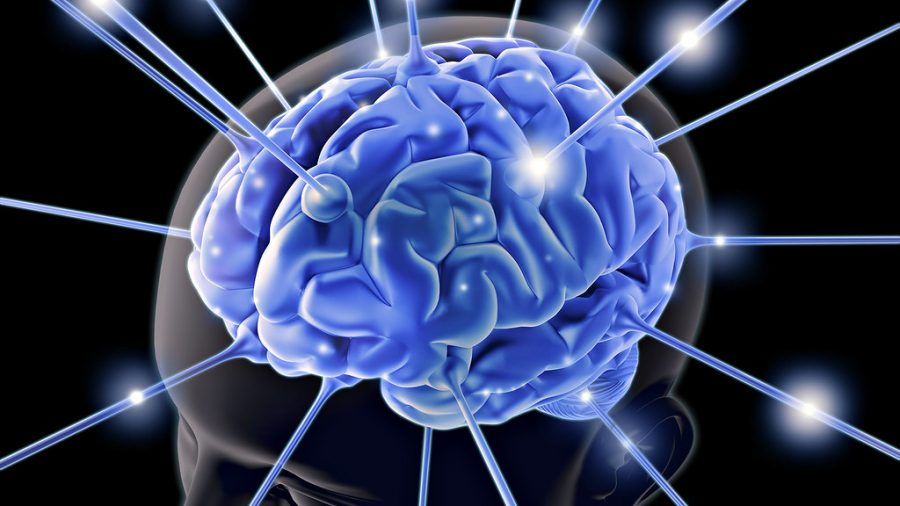Quantum physics is officially one of the most important areas of studies in the world after a team led by Professor Alexander Khajetoorians at Radboud University have made ground-breaking discoveries in understanding the quantum brain.
Quantum physics has been a field of study since the 1920s, but it hadn’t made any major strides towards having solid proof of existence until the late 1990s. More recently, it has made great leaps in theories pertaining to string theory, superpositioning, quantum computing/mechanics and more. This sub-category of physics exists to describe a parallel system that interacts with us, intertwining with classical physics.
Ideas like string theory and the Schrodinger’s cat thought experiment are known as classical physics theories, but they also create a basis for quantum physic theorems, like superpositioning (the idea that a particle can appear at two places at once) and quantum immortality (taken from Schrodinger’s cat).
Quantum computing is also a subject that many people don’t talk about, but companies like IBM have been working on developing these future technologies that will be included in the next supercomputers.
Now in order to understand the significance of the new discoveries pertaining to the Quantum Brain, it is important to understand what a quantum brain is. This term doesn’t reference the actual biological brain; instead it is a form of consciousness (often called quantum consciousness). The reason why the word “brain” is added is because this intelligent material learns by physically changing itself. To put it simply, it is very similar to Artificial Intelligence (AI) technology, except that it is a physical and natural phenomenon instead of an artificial one.
The hypotheses for the quantum brain contends that classical sciences, like psychology, cannot accurately describe consciousness. Instead many physicists claim that theories of superpositioning and entanglement can better explain how the brain’s physical changes affect the conscious mind.
Admittedly, that this a very watered down description of the actual functions and purpose of quantum mechanics and the quantum brain.
Professor Khajetoorians has made new strides in quantum brain theory by patterning and interconnecting a single atom’s network, mimicking that of the neural system of a brain.
Okay, so why is all of this important? This means that atoms can be manipulated to act as hyper-intelligent storage units, which will not only be helpful in the field of medicine once fully developed, but it will also contribute to quantum computers. To simply put it, these atoms can be altered to act as overpowered RAMs (the memory storage unit in a computer).
While all of this is ground-breaking, Professor Khajetoorians predicts that there will be many more discoveries and advancements very soon in this field, and the quantum brain will become more than just a theory.
While the research paper cannot be attained without contacting the publishers, to read the abstract and basic explanation of the research, visit the Radboud University website.












